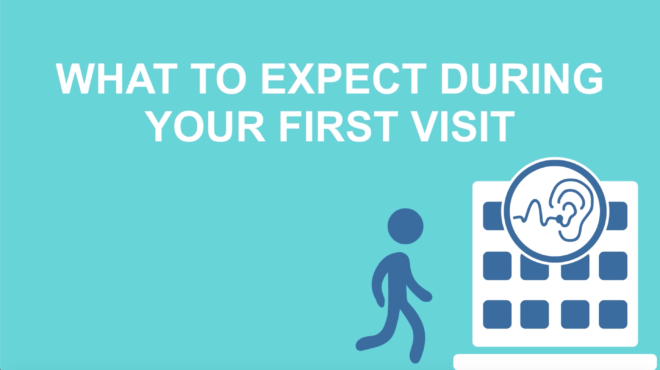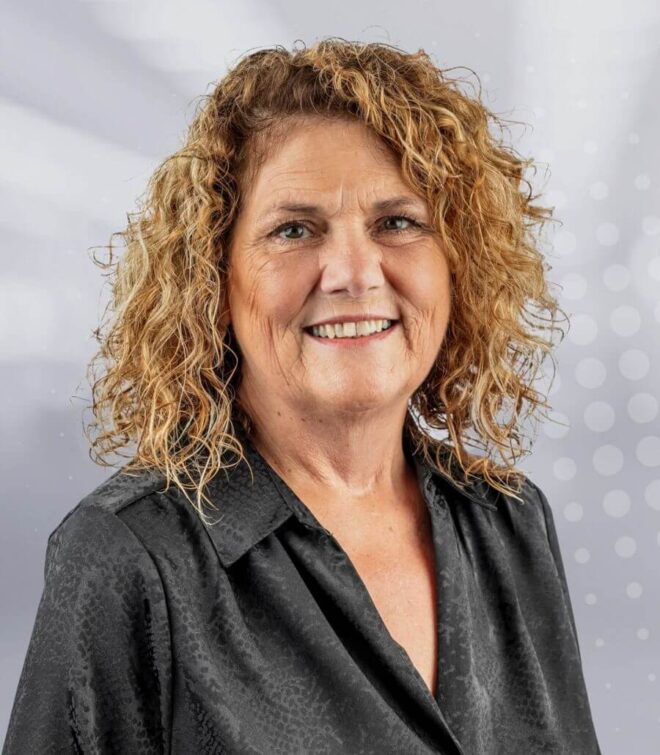Hearing Health USA is now part of the Empire Hearing & Audiology family
- Expanded product offerings, services and locations to serve you
- New pricing and financing options
- Increased support, training and ongoing education
Ohio Hearing & Audiology – Amherst
Amherst , OH 44001
Tuesday: Closed
Wednesday: 08:00 AM to 06:00 PM
Thursday: 08:00 AM to 06:00 PM
Friday: Closed
Saturday: Closed
Sunday: Closed
- In Person
- Curbside
- Virtual

What we offer
Comprehensive & holistic care
Unlike other clinics that are limited to offering hearing aids from one brand, we offer solutions and technology from a wide range of top-tier brands, enabling our providers to find the perfect device and fit for each patient.
Treating hearing loss starts here
When you visit in person for a risk-free evaluation, you’ll receive an in-ear examination as well as a comprehensive hearing test, including Otoscopy, Tympanometry, Tone Test, Bone Conduction and Speech Discrimination. Can’t make it to the office? Meet with us curbside or virtually!
Insurance counseling
Navigating your insurance benefits is no easy task. That’s why we have insurance specialists on-staff who are happy to verify your benefits and take the time to explain them. Relax in the knowledge that we work with most major insurance brands — and let us handle the hard stuff.
Additional clinic details
Caring for musician and music-lovers’ hearing
Audiology & Hearing Aid Clinic-Amherst is very in tune with musician and music lover’s needs. Whether it be in-ear monitors, musician's filtered plugs or just monitoring your hearing from rocking out too much, Audiology & Hearing Aid Clinic-Amherst is ready to help.

Custom hearing protection
At Audiology & Hearing Aid Clinic-Amherst, we specialize in providing custom hearing protection for hunters, musicians, and anyone whose hobby, lifestyle, or work exposes them to loud noises. We also specialize in state of the art hearing technology for those that suffer from noise-induced hearing loss.
Offering Telehealth and Virtual Services
At Audiology & Hearing Aid Clinic-Amherst, we offer telehealth services to those “snowbirds” who travel outside of our area or simply can't make it in to our clinic. Telehealth is also available to those who are not comfortable or unable to leave their home at this time.
See what our patients say
-
Ashton Martin
Employe was wearing mask and gloves and I felt safe. Me and my hearings aids are always treated with care. -
Steve Biggs
Good people that did an excelent job explaining things. -
Susan Pfeifer
If all of my appointments were this great life would be perfect! The staff is so friendly and always willing to help! I love this group!!! Highly recommended -
Graylene Kernodle
Paris Audiology & Hearing is a great place to purchase hearing aids. The staff is courteous, efficient and respectful. I highly recommend this office if you need hearing aids. -
Phyllis Melton
Same as always - Friendly, fast, and efficient. They like what they do and it shows. They care about their customers, listen to what you have to say, and are very aware of amd abide by the Covid requiremenrs. Would recommend them any time. -
Charles Felts
Wonderful people to work with. Extremely knowledgeable, and always puts customer satisfaction first.
Meet the team
